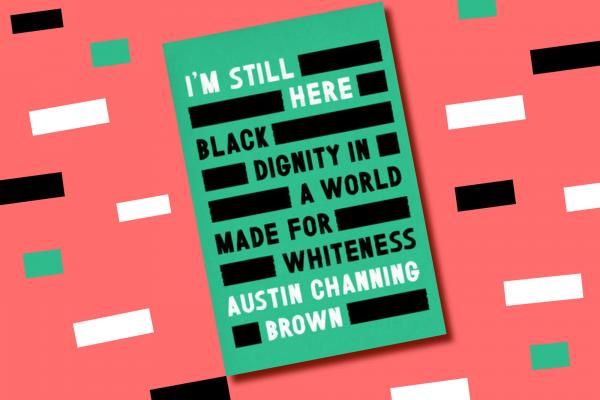I READ Austin Channing Brown’s incredible book in one sitting. This is one that every black woman needs to read to be validated and every white person needs to read to receive some perspective (and empathy) that will help inform their behavior and interactions. In this short book, Brown has concisely articulated the burdens, questions, and frustrations that I find myself experiencing daily as a black woman.
Brown brilliantly navigates explaining the intersections of blackness and womanhood, the microaggressions between workspaces and social circles, and the constant fears that so many black people face around losing everything (including life) in one moment. She “goes there” by highlighting that churches can present the most danger and racism for black people, and even chooses to address the riskiest topic of them all: the immense harm that can be caused by well-meaning, progressive white people.
Read the Full Article

